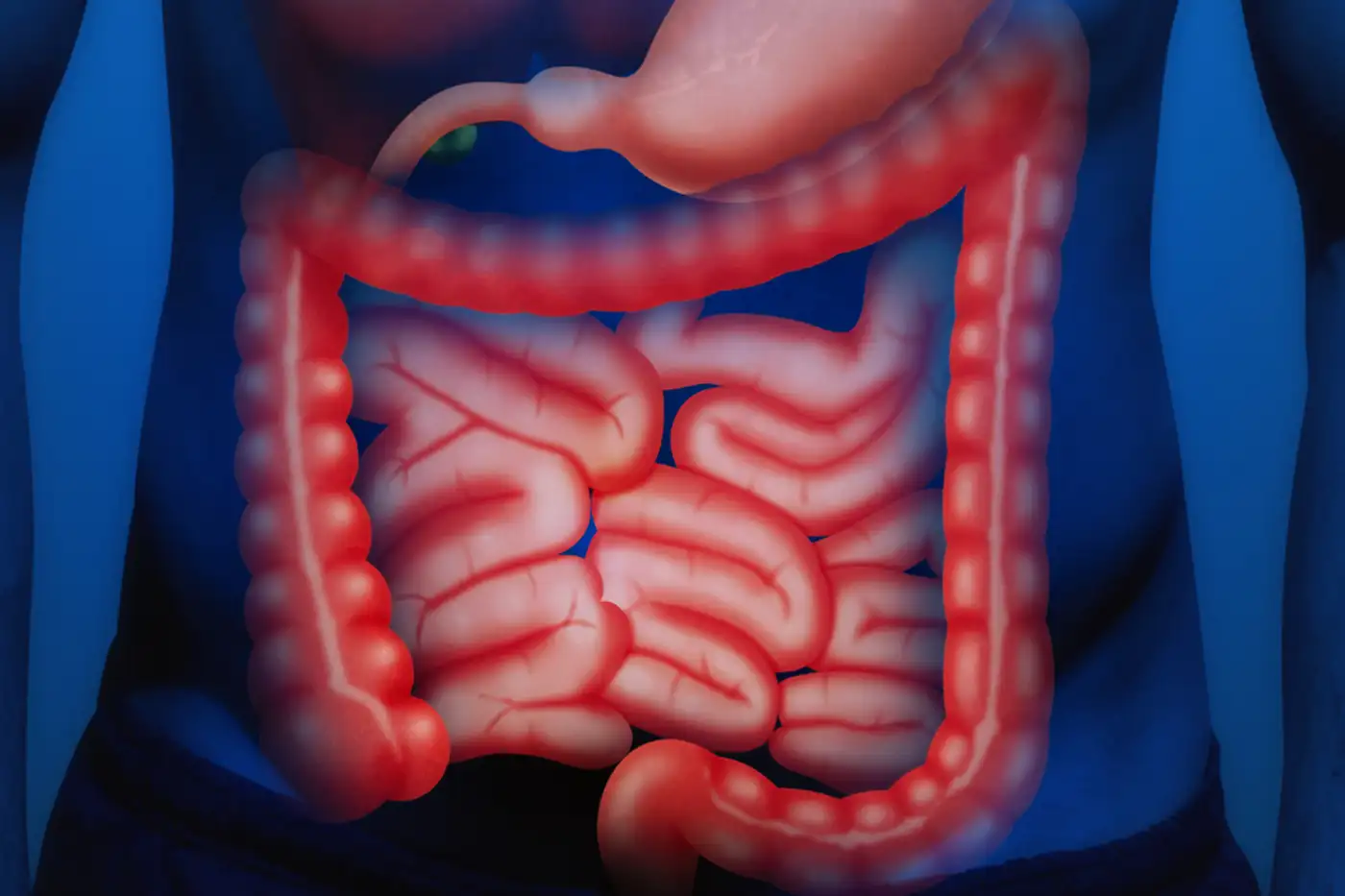Colon cancer, also known as colorectal cancer, is a type of cancer that affects the colon (large intestine) or rectum (the last part of the colon). It occurs when abnormal cells in the colon or rectum grow and multiply uncontrollably, forming a tumor. Over time, the tumor can invade the wall of the colon or rectum and spread to other parts of the body.
Early-stage colon cancer often has no symptoms. As the cancer progresses, symptoms may include:


The exact cause of colon cancer is unknown, but risk factors include:
Diagnosis typically involves:


Treatment options depend on the stage and aggressiveness of the cancer and include:
Adults over 50, those with a family history of colon cancer or polyps, and individuals with IBD or obesity are at increased risk. Additionally, people with a history of smoking, alcohol consumption, or a sedentary lifestyle are also at higher risk.
A colonoscopy is a procedure to examine the colon with a flexible tube called a colonoscope. The doctor can visualize the inside of the colon, remove any polyps or tissue samples, and perform a biopsy.
Early detection improves treatment outcomes and survival rates. It also reduces the risk of complications and improves quality of life.

Yes, colon cancer can be prevented with:
The 5-year survival rate for colon cancer is around 65%, depending on the stage and treatment. Early detection improves survival rates.
Yes, colon cancer can recur after treatment. Regular monitoring and follow-up appointments with a doctor are essential to detect any recurrences early.
Annual screening is recommended for adults over 50, or earlier if there is a family history or other risk factors.
Yes, most people can resume normal activities after treatment. However, some may experience lingering effects like bowel changes or fatigue.

Cancer Patients Treated
Our aim is to provide the best cancer treatment & care, make cancer care affordable and accessible to all. Provide cancer care without barriers viz financial, social, logistical, psychological etc. Latest Cancer Treatment based on evidence, delivered with empathy, with highest ethical standards.